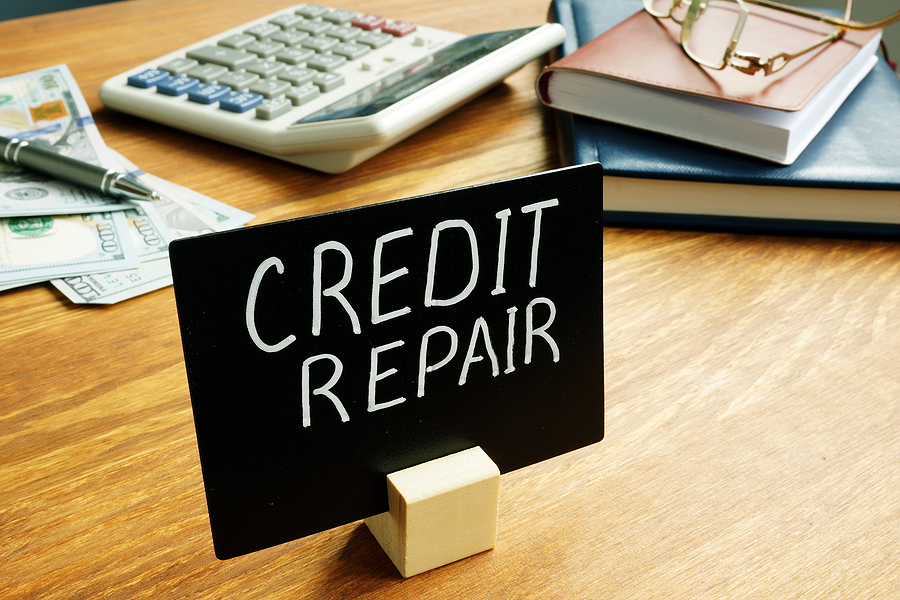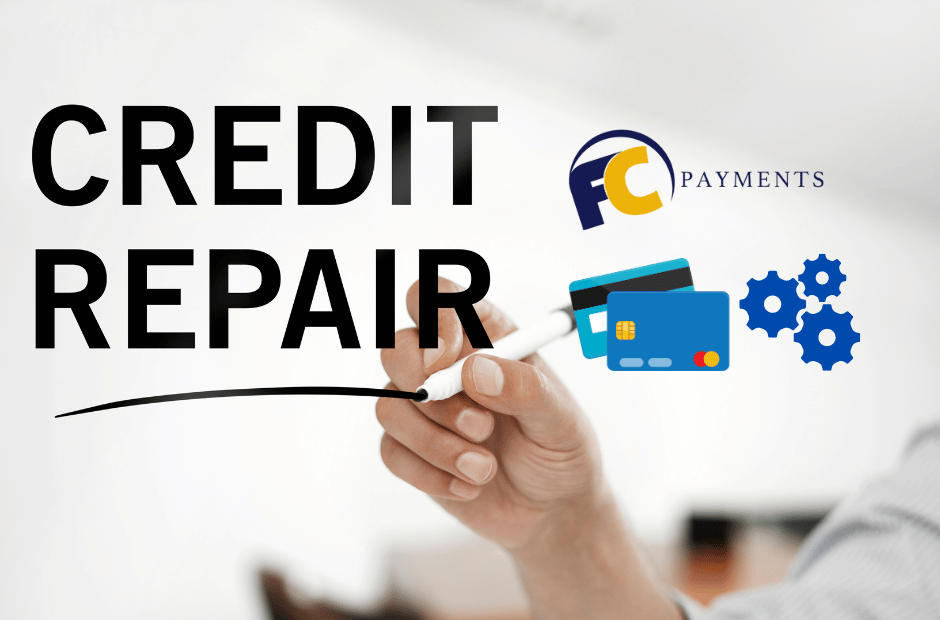Recognizing How Credit Rating Repair Work Works to Improve Your Financial Health And Wellness
The procedure incorporates identifying errors in credit scores records, challenging inaccuracies with debt bureaus, and working out with financial institutions to resolve impressive debts. The inquiry stays: what specific techniques can individuals use to not just correct their credit score standing however also make sure long-term economic stability?
What Is Credit Scores Repair?
Credit rating fixing refers to the process of enhancing an individual's creditworthiness by attending to inaccuracies on their credit rating report, negotiating debts, and adopting far better monetary practices. This multifaceted technique intends to enhance an individual's credit rating, which is a critical consider protecting fundings, charge card, and beneficial rate of interest rates.
The credit repair work process commonly starts with a comprehensive review of the individual's debt record, enabling the identification of any disparities or mistakes. When errors are determined, the individual or a credit score fixing specialist can launch disputes with credit scores bureaus to rectify these problems. Additionally, bargaining with creditors to clear up arrearages can further enhance one's economic standing.
In addition, embracing prudent economic techniques, such as prompt expense settlements, lowering credit score use, and preserving a diverse credit score mix, contributes to a much healthier credit scores profile. In general, credit rating repair work acts as a necessary approach for individuals looking for to restore control over their economic health and secure much better loaning possibilities in the future - Credit Repair. By participating in credit scores repair service, people can lead the method toward accomplishing their financial goals and boosting their general lifestyle
Usual Credit Scores Report Mistakes
Mistakes on credit records can significantly impact a person's credit history, making it vital to recognize the usual sorts of inaccuracies that may arise. One widespread problem is incorrect personal info, such as misspelled names, wrong addresses, or inaccurate Social Safety numbers. These errors can cause complication and misreporting of credit reliability.
Another common error is the reporting of accounts that do not come from the person, usually as a result of identification burglary or clerical blunders. This misallocation can unfairly decrease a person's credit history rating. Additionally, late repayments might be improperly recorded, which can happen because of payment processing errors or inaccurate reporting by lending institutions.
Credit line and account balances can also be misstated, bring about an altered sight of a person's credit use proportion. Obsolete details, such as closed accounts still appearing as energetic, can adversely affect credit examinations. Public documents, consisting of bankruptcies or tax obligation liens, may be inaccurately reported or misclassified. Awareness of these typical mistakes is critical for efficient debt administration and repair, as addressing them without delay can help individuals maintain a healthier financial profile.
Actions to Conflict Inaccuracies
Disputing mistakes on a credit history record is a vital process that can assist recover an individual's creditworthiness. The very first step involves acquiring a current duplicate of your credit report from all 3 major credit history bureaus: Experian, TransUnion, and Equifax. Testimonial the record thoroughly to identify any type of errors, such as wrong account details, balances, or repayment histories.
As soon as you have determined inconsistencies, gather supporting documents that have a peek at this website corroborates your cases. This might consist of bank declarations, repayment verifications, or communication with creditors. Next off, initiate the conflict procedure by calling the pertinent credit score bureau. You can commonly file disputes online, via mail, or by phone. When submitting your dispute, clearly detail the inaccuracies, supply your evidence, and include individual identification information.
After the dispute is submitted, the credit score bureau will check out the claim, normally within thirty day. They will reach out to the financial institution for confirmation. Upon completion of their examination, the bureau will inform you of the end result. They will certainly deal with the report and send you an updated duplicate if the disagreement is fixed in your favor. Maintaining exact documents throughout this process is important for effective resolution and tracking your credit history wellness.
Building a Strong Credit Scores Account
Constructing a solid debt account is essential for protecting best site positive financial possibilities. Consistently paying credit history card expenses, lendings, and various other commitments on time is important, as settlement background considerably affects credit report ratings.
Additionally, keeping reduced credit utilization ratios-- preferably under 30%-- is crucial. This implies keeping credit card equilibriums well listed below their limits. Expanding credit scores kinds, such as a mix of revolving credit (bank card) and installment lendings (vehicle or home financings), can also boost credit history profiles.
Frequently checking credit score reports for errors is equally important. Individuals must examine their credit scores reports at the very least yearly to recognize inconsistencies and dispute any kind of mistakes without delay. Additionally, avoiding too much credit inquiries can protect against potential adverse influence on credit rating.
Long-term Benefits of Credit Rating Fixing

Moreover, a more powerful credit history profile can assist in much better terms for insurance coverage costs and also affect rental applications, making it much easier to safeguard real estate. The emotional benefits should not be overlooked; people that efficiently fix their credit rating commonly experience reduced tension and enhanced self-confidence in handling their finances.

Verdict
In final thought, credit score repair service offers as an essential device for improving monetary health. By recognizing and contesting errors in credit reports, people can correct mistakes that adversely influence their credit history scores.

The long-term benefits of debt repair expand far beyond just enhanced debt scores; they can dramatically boost a person's overall monetary health and wellness.